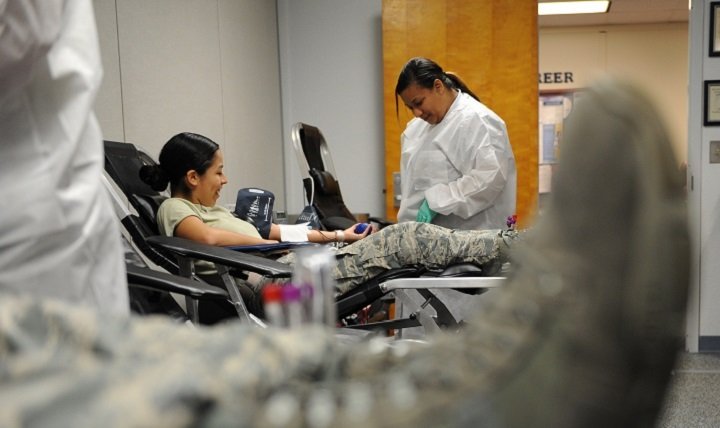
Source: Health.MIL
Platelet BioGenesis, a pioneer in the production of functional human platelets from stem cells, has announced it has licensed patents related to induced pluripotent stem cells (“iPS cells”) from iPS Academia Japan’s patent portfolio. This non-exclusive agreement moves Platelet BioGenesis closer to its goal of producing functional human platelets at commercial scale.
Sven Karlsson, co-founder and president of Platelet BioGenesis, said in a press release “This license from iPS Academia Japan is a major milestone for Platelet BioGenesis because it gives us access to an important processing step needed to produce platelets using our novel and exclusive method. With this agreement in place, we have now secured control of all the underlying technology needed to produce donor-independent, life-saving platelets for transfusion.”
Platelet BioGenesis joins a select group of global life science leaders that have been licensed technology from iPS Academia Japan. Its current licensees include Pfizer, Roche, Sanofi, Bayer and Boehringer Ingelheim.
iPS cells are derived from somatic cells such as skin or blood cells, and have been reprogrammed back into an embryonic-like pluripotent state. This enables the iPS cells to develop into almost any type of human cells. At Platelet BioGenesis, the iPS cells are differentiated into megakaryocytes, the cells in the bone marrow that produce platelets, which are crucial for normal blood clotting and the transport of various factors throughout the body.
iPS Academia Japan is the entity established to commercialize the intellectual property of Kyoto University and other prominent universities and research institutions. The iPS cell patent portfolio primarily issues from the work of Professor Shinya Yamanaka at the Center for iPS Cell Research and Application at Kyoto University.




